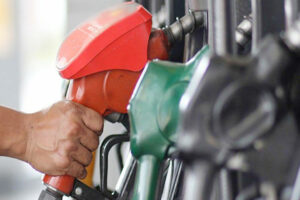The Department of Energy (DoE) is studying the impact of fuel price hikes on the agriculture and transport sectors, as the government plans to implement a new round of fuel subsidies.
“We are currently coordinating with the Department of Agriculture, the Department of Transportation, and the Land Transportation Franchising and Regulatory Board to calculate the impacts of fuel price increases on agriculture and transport sectors,” Rino E. Abad, director of the DoE’s Oil Industry Management Bureau, told a televised news briefing.
“These sectors will be given subsidies,” Mr. Abad said. “The DoTr has already finished its computation. We expect that the computations will be requested by the President.”
President Ferdinand R. Marcos, Jr., who rejected calls for the suspension of excise tax on fuel, has committed to expanding the fuel subsidy for the transport sector, including tricycle drivers.
ROLLBACK
At the same briefing, Mr. Abad said fuel cost adjustments would heavily depend on COVID-19 curbs and interest rate hikes across the world, which could further temper economic activity and lower demand.
He said the rollback trend in the pump prices of petroleum products could continue if the Federal Reserve, which is due to meet on July 26-27, raises rates aggressively.
On the other hand, price hikes in petroleum products can be expected if the US does not hike interest rates, Mr. Abad said, citing supply side pressures triggered by the Russia-Ukraine war.
If the Fed and other central banks raise interest rates, it will be an enabling environment for continuous price rollbacks, he said.
He noted that the price rollback implemented this week was caused by the lockdowns in China and interest rate hikes in the US and other countries.
Lockdowns and higher borrowing rates could force consumers to spend less, and consequently lower demand and market prices.
